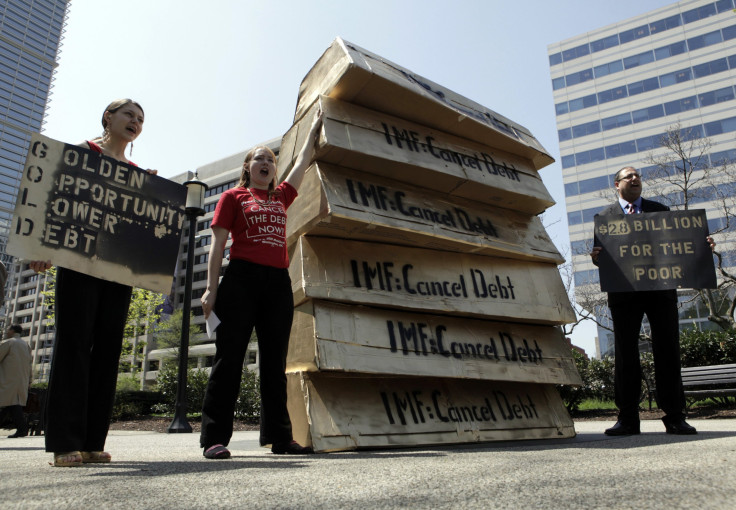IMF Secures Support Of Member Nations To Fund Poor Countries By Using Windfall Profits From Gold Sales

The International Monetary Fund, or IMF, will use windfall profits from the sale of gold to fund loans to low-income countries in coming years, allowing the organization to lend an average of $1.9 billion annually to its poorer members and meet the expected demand for IMF support.
The decision, which IMF Managing Director Christine Lagarde described as a “historic milepost,” was reached after 151 of the fund's 188 member countries pledged their share of the profits from the sale of the IMF's gold, to fund the world’s poorest countries. As global prices for gold soared between 2009 and 2010, the IMF generated $3.8 billion in windfall profits in addition to the $6.8 billion that was originally anticipated by selling 403.3 metric tons of gold in this period.
“We have just reached the threshold of enough approvals from our membership to transfer the existing gold profit to meet the financing needs of our low-income countries,” Lagarde said on Thursday, according to an official transcript.
“We have something that is called the PRGT, Poverty Reduction and Growth Trust, that we very much wanted to have sustainable so that it can respond to the needs of the low-income countries. 90 percent of the membership has agreed to transfer over to that trust the windfall profit that was made at the time of the gold sale that took place about three years ago now,” Lagarde said.
The measure to boost the IMF’s funding resources has been in the works since the late 1980s and, in 2009, the executive board of the IMF gave the go-ahead for the sale of one-eighth of the fund’s total gold holdings.
The IMF had set a target in 2009 to raise $17 billion to fund the lowest-income member countries, which were facing a threat of reduced foreign aid after the financial crisis and recession. And, Lagarde has been pushing to meet that target amid concerns that IMF and wealthier donor nations, distracted by the euro zone debt crisis and the overall global slowdown, might neglect poorer nations.
“Despite endorsement of the overall strategy from the Executive Board, securing the necessary contributions from each member was by no means a done deal,” Robert Powell of the IMF’s finance department, which spearheaded the effort, said in a statement. “The pledges had to be obtained one by one. And it took time and perseverance."
© Copyright IBTimes 2024. All rights reserved.






















